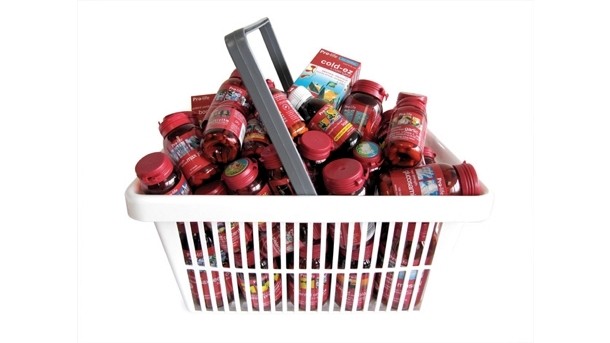Judges rule on what constitutes a ‘New Zealand made’ supplement

In a case taken by the Commerce Commission, the High Court has found that New Zealand Nutritionals made misleading “New Zealand made” claims about two dietary supplements.
According to the ruling, a claim that a dietary supplement is “New Zealand made” may be misleading if the key ingredients do not come from New Zealand, even if they are packaged or turned into tablets there.
The court granted declarations under the Fair Trading Act 1986 that Christchurch-based NZ Nutritionals, which manufactures and sells a range of health products under its own brands and supplies formulations to other companies, had made misleading claims by stating on the labels of Vitafit goats milk powder and Pro-life goats milk and calcium tablets that the products were “100% New Zealand made” when all the active ingredients, including the goats’ milk powder, were imported from overseas.
The company argued that the representations were not misleading because the manufacturing process had occurred in New Zealand. They said that the statements on the labels were not representations about where the goat’s milk powder had been sourced.
In his ruling, Justice Venning said that the labels were misleading because a reasonable person would understand from them that the product was made from New Zealand goats milk that had been processed into powder in New Zealand.
“It is unrealistic to suggest that… a reasonable person would deconstruct the process in their mind and consider that if the powder was imported into New Zealand then blended, as is the present case, it could be said to be made in New Zealand,” he said.
Commerce Commission general counsel Mary-Anne Borrowdale said the judgment was important, particularly as country-of-origin claims are of escalating concern.
“The commission has previously raised issues about country-of-origin labelling within the natural products industry, some of whom have taken a different view about what ‘made in New Zealand’ meant. This ruling puts businesses on notice that they must be able to substantiate any claims they make about the country of origin of their products.
“Consumers are influenced in their purchasing decisions by ‘made in New Zealand’ claims. Products that are represented [in this way] are also particularly appealing to tourists. We are very pleased that the judge agreed that these dietary supplements, which are only mixed and packaged here, are not made in New Zealand.”
NZ Nutritionals sold the products in question to specialist nutrition and health stores and supermarkets between 2008 and 2013. Its products are now being sold by a new company and have been relabelled. It now has 20 working days in which to file any appeal.











